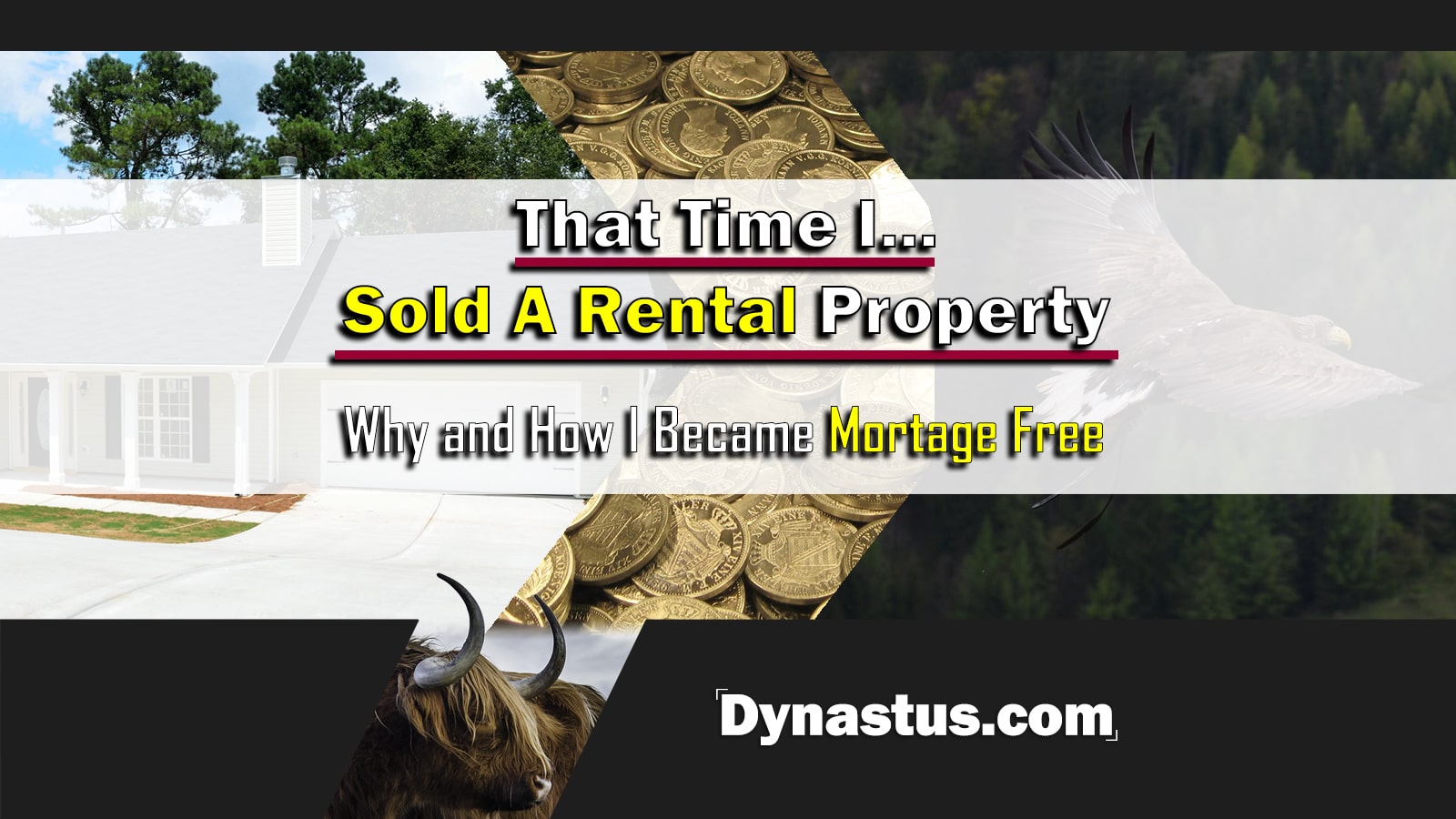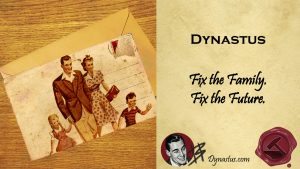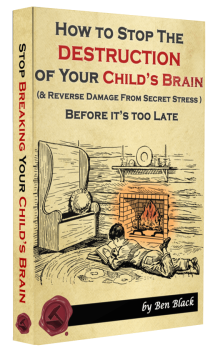
2019 update: I have reduced my rental portfolio to one, and am now running the remaining rental at a small profit by reducing the lending on it to a point where it is cash-flow positive. I am fortunate to have very good tenants in this rental. But further socialist law changes by our Orwellian overlords make me think I will look to renovate & sell if and when they eventually move out.
So pretty recently, I decided to sell my lowest value rental property. This rather successful sale left me with a lump sum sitting in my bank account. I considered holding this, or using it for investment purposes but ultimately wound up deciding to use it to pay down the mortgage on my personal home in full.
Why I Decided to Sell A Rental
I’ve always loved the idea of owning a lot of rental properties. Further down the line in my families finances, I’d like to go back to owning more. In both my current financial situation and the climate of rental property in NZ, I struggle to see a lot of advantages to being a landlord vs holding property to later sell to people with gobs of money looking for income replacement.
There is a reason property owners are referred to as land’lords’. By having land in your family asset portfolio, you get control over a limited asset that possesses true value. Unfortunately as the western world leans more towards socialism, the lords that earned their land are being robbed of their efforts. Instead of a free market keeping things balanced, tenants are kept down by leaning on big brother the Labour Party. And as such, landlords can’t provide or realize the true value of their effort.
The General Reasons
In my country, there is a big stigma on landlords. Apparently, we’re making ‘infinite money’, and thus out socialist-themed government continues to front-load pressure on us to make things increasingly difficult to remain profitable(if you ever were). A tenant can gut your entire house, and you have to thank them for it. With little legal recourse for any sort of reprimand. I replaced 3 stoves in a year for one particular tenant.
Landlords actually don’t make a heck of a lot. This isn’t America, we have high house prices anywhere worth owning. Our smaller centers are dying thanks to lack of industry and forward thinking. Our lending rates, while low, at best can give you break even, provided you have a decent sized deposit.
Our rental can only be fixed for a maximum of a year so another factor of control is removed from you there as well.
We’ve also had a law passed where rental losses can’t offset business income or personal income. So this makes running them at a loss far less viable too. I was doing this for a time and using the income to invest into my businesses and the stock market. It is no longer viable to do this as profitably as before.
Economy
Our economy is in an unsustainable state. We claim to have stable inflation based on the CPI(Consumer Price Index). While the CPI takes a look at the price of a basket of goods, it does not consider the quanity or quality of these items. The quality of what we eat seems to decrease every year.
Our government keeps adding more and more regulation to make running small businesses less and less possible or profitable. If you were to start a small manufacturing plant, you need to spend five figures just on adding safety devices to your machine. This reduces productivity. I had to apply for a permit to put a ladder on a side walk for a customer the other day. Why? So I wouldn’t have to pay a fine. I had to pay…to not pay. It’s getting out of control.
Our minimum wage keeps increasing, which lowers available jobs and increases the cost of goods and services. This leads to a more volatile market for prospective tenants – and if they lose their jobs due to these enforced changes, they can get away with not paying rent. Minimum wages hikes negatively affects the people that advocate for it the most – minimum wage workers.
Our interest rates continue to lower to try and sustain the economy. Our economy relies on people taking increasing amounts of debt on to stimulate it, while businesses become less profitable. This causes cash to flow into liquid markets, like stocks/shares and into property. This in turn lowers real yields, making traditional investments less attractive and more volatile as the cycle continues. As peoples debt levels rise, they expose themselves more to a crash and interest rate hikes, meaning tenants will be unable to make good on rent payments. Daddy government will be htere to protect them by taking from the productive and providing for the unproductive.
I have a lot of gripes with how these things are run, but as the western world becomes more and more reflective of George Orwells 1984, I feel more need to focus on true resource production and value creation. Rentals, while they do provide this, have been regulated to the point where the value balance has been tipped out of balance in the tenants favor. This makes them a much more significant risk than the yield provides for. This is especially so as more regulations are put in place going forward stripping control out of the landlords hands.
You ‘own’ your rental, but have no say in how it is run any more. Socialism doesn’t want your dynasty to build financial capital as it gives your family the power to fight oppressive policies Too many families doing the same creates too much of a resistance against those who want power for powers sake.
Why This House Specifically?
The specific house I sold in this instance was in the weakest area of any of my other rentals. One of the other two has doubled in value in the past 5 years, the other, not so much. This is down to the areas in the town they’re in.
The house I actually sold was in an area that had little growth, it was close to a pylon which is a huge stigma. First home owners were buying into the area with the intent to move in and promptly renting their property out due to the locals. Crime was rife in the area and growing. I saw a meth deal go down next door to the property last I was there. Very, very good. It wasn’t improving in a real hurry
So based on all of this, I decided it’s best to capitalize on some of the house inflation and reduce my risk in the property market and remove a headache in the process. This would leave me with a cash position and add to our financial capital.
Negotiating
I had a number in my head. Given the economic climate, I knew I would achieve this price. So I set the price with the listing agent about 10% higher. Within a week I had a guy come in and make an offer. He came in at around 15k less than I wanted(not than what I was asking!). I came down in my asking price 5k. He came up another 10. We met in the middle. Bingo-Bango. I got what I wanted, and so did he.
The Cash Position
Selling this property would reduce my income marginally($30/week) but give me a 90k lump sum, which, if invested at 8% would return $138/week. So there was that option. But I’m not at a stage of my life where growing income is a priority.
My total cash position at this time was about $130k. This sum came from selling some stocks and earnings from my businesses. Having this much in the bank felt pretty good in some ways, and bad in the way that this money wasn’t producing anything for me.
I looked at perhaps purchasing a website or another business, but felt like I was pretty fully loaded stress and time wise. I had just started Dynastus(Formerly BlueDollarBull at the time), had a daughter on the way, had just gone into a partnership in an Electrical Contracting Business and had 3 other businesses between my wife and myself. We’re still looking at downsizing our workload in time so we can concentrate in on what’s working the best. So yeah, taking more on wasn’t really on the cards.
I considered doing more stock picking, but this is incredibly time-consuming. Even if I could achieve a high-level performance of 12%(realistically(?)) I’d still only be making $15,600/year more and risking all that capital. Investing in this capacity is a full time+ job anyway. If you’re going to do it, you need a more passive, substantial income source from elsewhere. I’d be better off working as an electrician for an average wage with 50 hours a week and earning significantly more with less risk and more earnings.
The Mortgage
The interest I was paying on our home mortgage was 5.65%, whilst not big by any means, it was also $123k, $7000 less than what I had in cash. This was costing my family $6,949.50 per year or a little over $133 a week. There were a few dollars in savings of home office deductions monthly, but its only something like $13/week so it was costing us $120.
Whilst this isn’t a large amount by any means, it was something that was a recurring expense, every week, guaranteed. The reduction of this sum in total would free up this much extra each week to build wealth up. This decision wasn’t an easy one. It meant it would take nearly 18 years to realize this total sum back in savings, not including compounding returns. Financially speaking, in terms of total return, it may seem like a bad decision.
There’s a different angle to this, however. The peace of mind and freedom paying our mortgage down gave us the confidence to proceed with other things that are slightly higher risk. This was an incredibly liberating feeling.
The Alternative
Instead, we have opened up a line of credit, leveraged against our home, with a greater value than this. So if there was an opportunity worthwhile of the risk, we are not prohibited in terms of funds. This line of credit, while slightly higher in interest rate grants the flexibility of having that same amount in cash, without the ongoing costs of maintaining it by simply holding it in cash.
Now I had a guaranteed ‘return’ of $120/week(as we lost the home office tax deduction). As well having this set return, I had the capacity to borrow this amount again, so it wasn’t really a loss at all. We’re in a place where it’s getting increasingly difficult to find good investment opportunities locally or easily abroad, so it makes sense for us to have the flexibility to take opportunities, without paying for the privilege. A much better predicament.
The Other Rental I sold
This was actually the second rental I sold from my modest portfolio. I had a hectare(2.4 acres) in a country townn which I sold and then used the cash to purchase a business. This property was a major headache. It had 4 separate tenancies on it.
I inherited these tenants, and most of the time, it worked well. One of these tenants eventually wound up being a huge hassle and we had to evict her and find a new resident. Resulting in about 8k in losses in the process. Then the law changed, and suddenly, two of these 4 tenants would become illegal in a couple of years.
It was time to sell. I put no money down into this, I simply leveraged another rental that had gains. It was cash flow positive for me so I didn’t lose anything apart from the 8k, which after income worked out around about even, give or take. I hadn’t owned this property for terribly long, about 2 years, and sold it for a gain of 40k(after some time on the market), meaning I went from break-even to $384/week. Not bad.
So I took this 40k and purchased a business with it. It took some substantial searching, but I eventually settled on a business in the food industry. I’ll talk in detail about this, another time.
Closing Thoughts
You can make some decent chunks of income by selling rentals, and maximize returns by reinvesting the funds. You can also use these chunks to pay off your mortgage and lock in some guaranteed returns that pay dividends in the form of security. You don’t necessarily lose access to the funds, you can set up a line of credit so you can access these funds again when opportunities arise, without having to ‘pay’ for them.
A good rental in a good climate is a valuable family asset. But as socialism injects its poison into society, control can be stripped from landlords with none of their input even considered. It pays to be flexible and willing to change to combat such insidious attacks on your culture and heritage.
The problem with selling rental properties like this is once they’re sold, they’re gone. The revenue/gains dry up unless you’re putting that money back to work. Paying off your mortgage might give you a return in the form of saving on payments, but it doesn’t actually produce any additional wealth.
You may have a mortgage-free home, but you still need income to purchase necessities and pay the bills. However you choose to apply the additional cash from selling a rental is going to depend on your situation. That’s why it’s called personal finance. What I opted to do was right for our situation, it may not be right for you.
What do you think? Are you considering selling a rental? Or are you looking for more reasons to hold onto yours or purchase one? Let me know in the comments below.
You could also check out the brother article: ‘Selling a Rental Property’ by clicking here.






